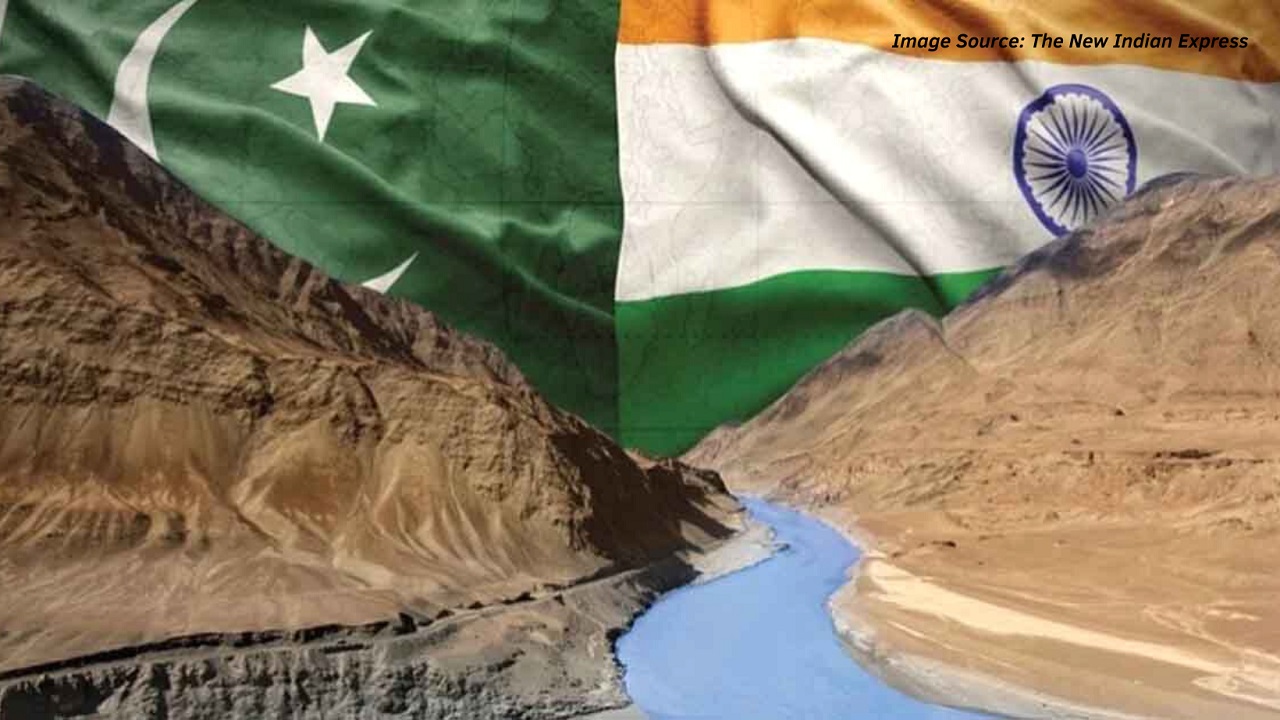Context:
Army chief Gen Manoj Pande talked about Project Udbhav at a conference titled ‘Historical Patterns in Indian Strategic Culture’ held recently.
Background:
Launched last year, this project aims to enrich the nation’s outlook in the defence domain by integrating India’s ancient strategic acumen into contemporary military practices, making the force “future-ready”.
About Project UDBHAV:
- ‘Udbhav’, which translates to ‘origin’ or ‘genesis’, acknowledges the vintage scriptures and writings of our Nation, that span centuries in the past and contain profound knowledge that can benefit modern military strategies.
- The objective of the Project is to synthesize ancient wisdom with contemporary military practices, forging a unique and holistic approach to address modern security challenges.
- It is a visionary initiative by the Indian Army that seeks to integrate age-old wisdom with contemporary military pedagogy.
- Project UDBHAV will facilitate in-depth understanding of our ancient knowledge systems and philosophies and also aim to comprehend their enduring connect, relevance and applicability in the modern day.
- Literature like Chanakya’s Arthashastra underscores the importance of strategic partnerships, alliances and diplomacy, aligning with modern military practices such as international cooperation and soft power projection. Chanakya’s teachings on statecraft and warfare are studied by various institutions the world over.
- Similarly, the wisdom of Thirukkural, the classical Tamil text authored by Thiruvalluvar, the Tamil philosopher, advocates ethical conduct in all endeavours, including warfare. This aligns with modern military codes of ethics of just war and principles of Geneva Convention.
- Apart from ancient texts, a study of prominent military campaigns and leaders is also important. The empires of Chandragupta Maurya, Ashoka and Cholas flourished and expanded in influence, during their times.
- There are examples of the Ahom Kingdom too, which successfully ruled for 600 years, repeatedly defeating the Mughals.
- The Naval Battle of Saraighat in 1671, led by Lachit Borphukan, stands as a stellar example of the use of clever diplomatic negotiations to buy time, employ psychological warfare, focus on military intelligence and exploiting the strategic weakness of the Mughals.
- Project UDBHAV aims to effectively integrate this ancient wisdom with modern military pedagogy through interdisciplinary research, workshops and leadership seminars. It will facilitate emergence of previously under-explored thoughts and theories related to strategic thinking, statecraft and warfare, foster deeper understanding and contribute to enriching military training curricula.
.jpg)


.jpg)
Comments (0)